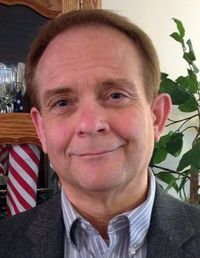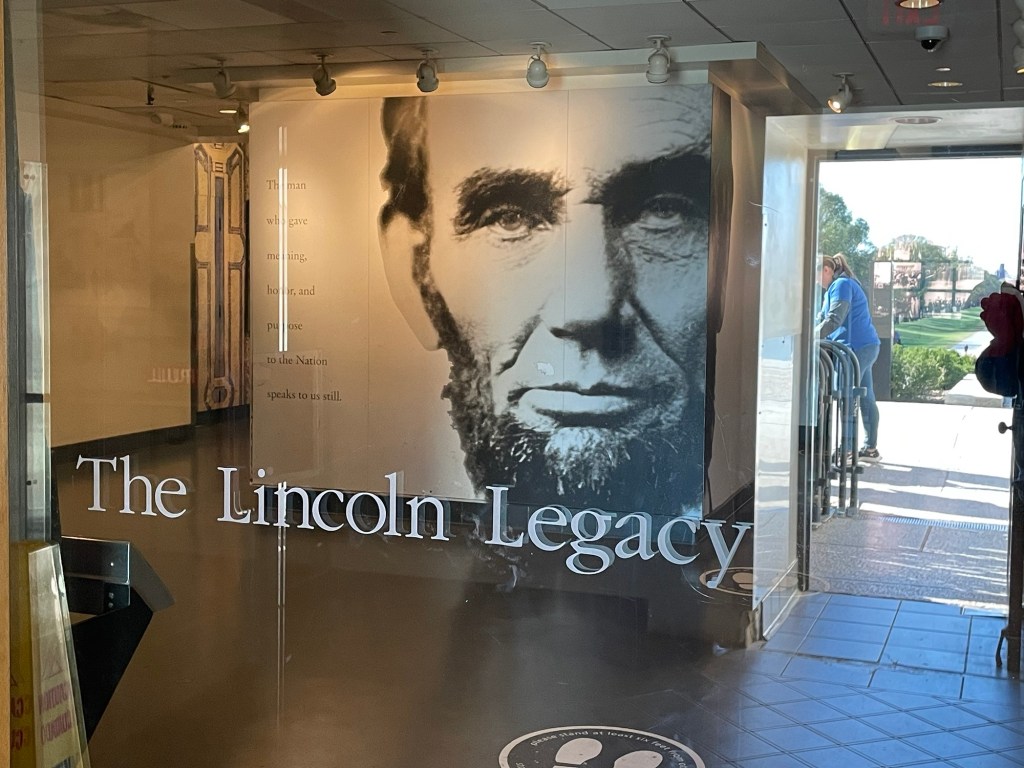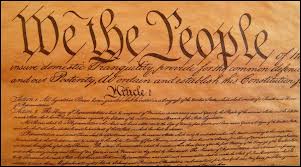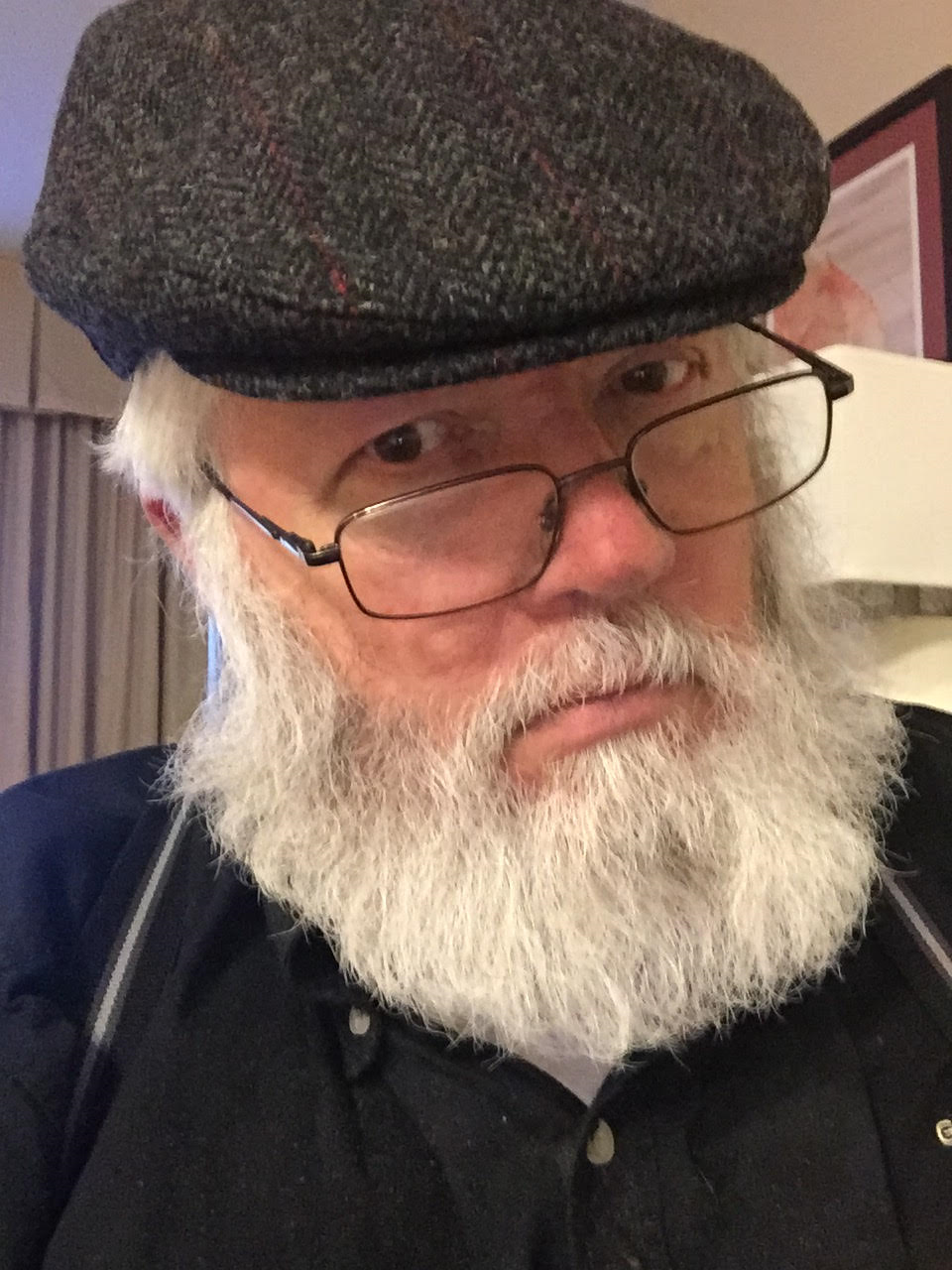
Doug Smith is an opinion columnist, historian and associate editor for Free State Patriot.
June 30, 2020
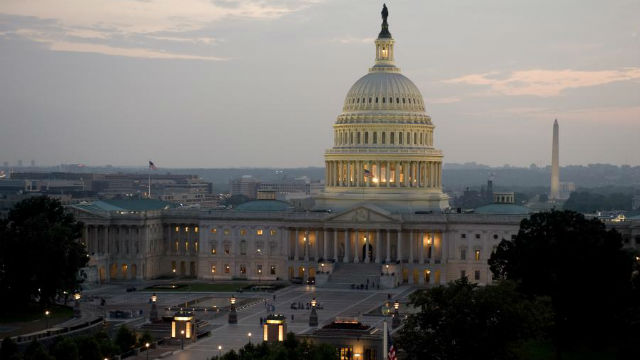
Has the very entity instituted to protect our Republic become an obstacle to its efficacy?
Remember the big Government shutdown? And how you couldn’t find toilet paper or hamburger because Congress was not in session while several hundred people who had become millionaires in Congress argued about how much of your money they were going to take and how they were going to waste? uh… I mean spend it.
Of course, you don’t. When Government shuts down, little happens. Government produces nothing but more government. Government does not grow food, make cars, or toilet paper. It is rather refreshing at times when Government shuts down and Congress becomes more useless than usual, because they aren’t finding ways to put their hands in your pocket.
Government has no money. They have no food, medicine, PPE, vehicles, cell phones. They are broke. They only spend money or make pronouncements that force others to spend money.
Government is awfully expensive.
Indeed, one of our earliest meetings of congress voted for General Washington to raise an Army to fight for independence but provided little in the way of funding. It would be very illustrative for our current Congress to study the history of the 1st Continental Congress. Adams, Hancock, and Franklin could not pass bills into law and look to shopkeepers, farmers, and merchants to send them silver, at the threat of a gun, to pay for their desires. They must, of necessity, persuade a bunch of ornery, independent minded colonists, who were ready to break off from the rule of England, to pay a new Government to fight for that point of view. Franklin is credited, in the musical “1776” with asking “Why should I change one Tyrant 3000 miles away for 3000 tyrants, one mile away?”. Whether he said it or not, it is an excellent point.
Those 56 men, met in congress, (We tend to capitalize that word and make it almost mystical, yet one of its meanings, and that most apropos to those 56 men, is “ met together in agreement”) pledged their lives, their fortunes, and their sacred honors to the Declaration they signed. They persuaded other men who believed in their cause to finance it, and in many cases, the 56 paid exactly what they had pledged.
Our Congress has evolved to men and women who arrive penniless, stay forever, leave as millionaires, and depend on our powerlessness to back up whatever enriches them. Far from plead their case to us, they often ignore our expressed desires and instead coerce us into paying for their desires.
I should note, at this point, that another meeting of congress is coitus, which considering how our current Congress behaves, may be exactly apropos.
So then, from whence cometh money?
Businesses and people who work and produce have money, and produce food, medicine, PPE, etc. Government gets these things by taking money from business and people who work and purchasing it. When they print money for it, they are taking out a loan, with nothing to back it up except the promise that business and employees, taxpayers, in short, YOU, will pay it back.
Eventually.
Or not. They will be retired and wealthy by the time the bill comes due – for your grandchildren.
If Government spends 5 Trillion dollars that they don’t have to address a crisis, they are committing you to pay it back.
Implied is that you will work. If the economy is shut down, then we consume all we have stored or saved, and when no one is working to produce food and medicine, people begin to starve, and no one is treated for disease.
Picture a refugee camp, with people sitting with nothing, waiting, and hoping for help. That help must, ultimately, come from people working. So, it is simplistic and wrong to say we must choose work or life. There is a reason we refer to working as “Making a living “.
Ever since we left Eden, we must work to survive. Even in the face of danger, we adapt and keep as safe as possible, and we work.
During the Blitz, Londoners went to work. They crowded into shelters when the Germans flew over, but they worked.
Art, music, philosophy, writing; all are things that we enjoy and enrich our lives. But we live, and have shelter, and clothes, and food, and medicine because people work. Work is how we live. Work is life. We cannot huddle for fear of death and not work. For if we do not work, in large numbers, we will not live as a people or as a civilization.
In the Middle Ages, as economies failed, life was, for millions, (as Thomas Hobbes said) nasty, brutish, and short. It is true that plagues kill people. It is just as true that poverty does, as well.
During the New Deal, FDR s administration came up with the National Recovery Administration. Its stated goal was to “eliminate cutthroat competition.” In practice, the NRA was in the business of picking winners and losers by setting prices and issuing a few regulations. Ten Million pages of them. In 1935, 2 years after it was enacted, SCOTUS ruled it unconstitutional, because it attempted to regulate commerce that was not interstate in character, that the industrial “codes of fair competition” which the NIRA enabled the President to issue violated the separation of powers, as an impermissible delegation of legislative power to the executive branch, and that the NIRA provisions were in excess of congressional power under the Commerce Clause.
Some of our current Governors, who, in the name of safety, have determined that citizens may purchase whiskey, but not vegetable seeds, lottery tickets, but not towels, may shop at Lowes but not at Uncle Joe’s hardware, and who have already been taken to task by State Supreme Courts, might take a lesson.
Neither economies, nor people, nor civilizations, exist in a vacuum.
One choice affects another. Government may make choices for the defense of its citizens that you may not start a campfire in the lobby of a theater. (Remember those?) It may not determine what color shirt you must wear today. There are, quite intentionally, limits on what government may do. Our founders, in their wisdom, and having lived under tyranny, made it difficult to govern us, believing the maxim that a government governs best which governs least.
Walking that tightrope of good governance is a challenge, requiring wisdom, humility, common sense, and restraint.
Clearly, the Governors of Michigan, California, and New York have failed that test dismally. Let us pray they learn from wiser and more humble counterparts. Hubris and pettiness are poor standards of leadership.
If the primary function of government, as noted above, is to spend money and forbid people to produce the very money it desires and must spend, it is on a path which cannot end well.
It is the current state of our representation that’s opened the door for socio-political malfeasants to re-employ the misstated value of socialism as the solution.
But such is the wisdom of government. And such is the folly of our leaders.
The only way our Republic thrives is through an effectual, fervent prayer – and a vote.
In that order!
Tags: DOUG SMITH, free state patriot, government, republic
